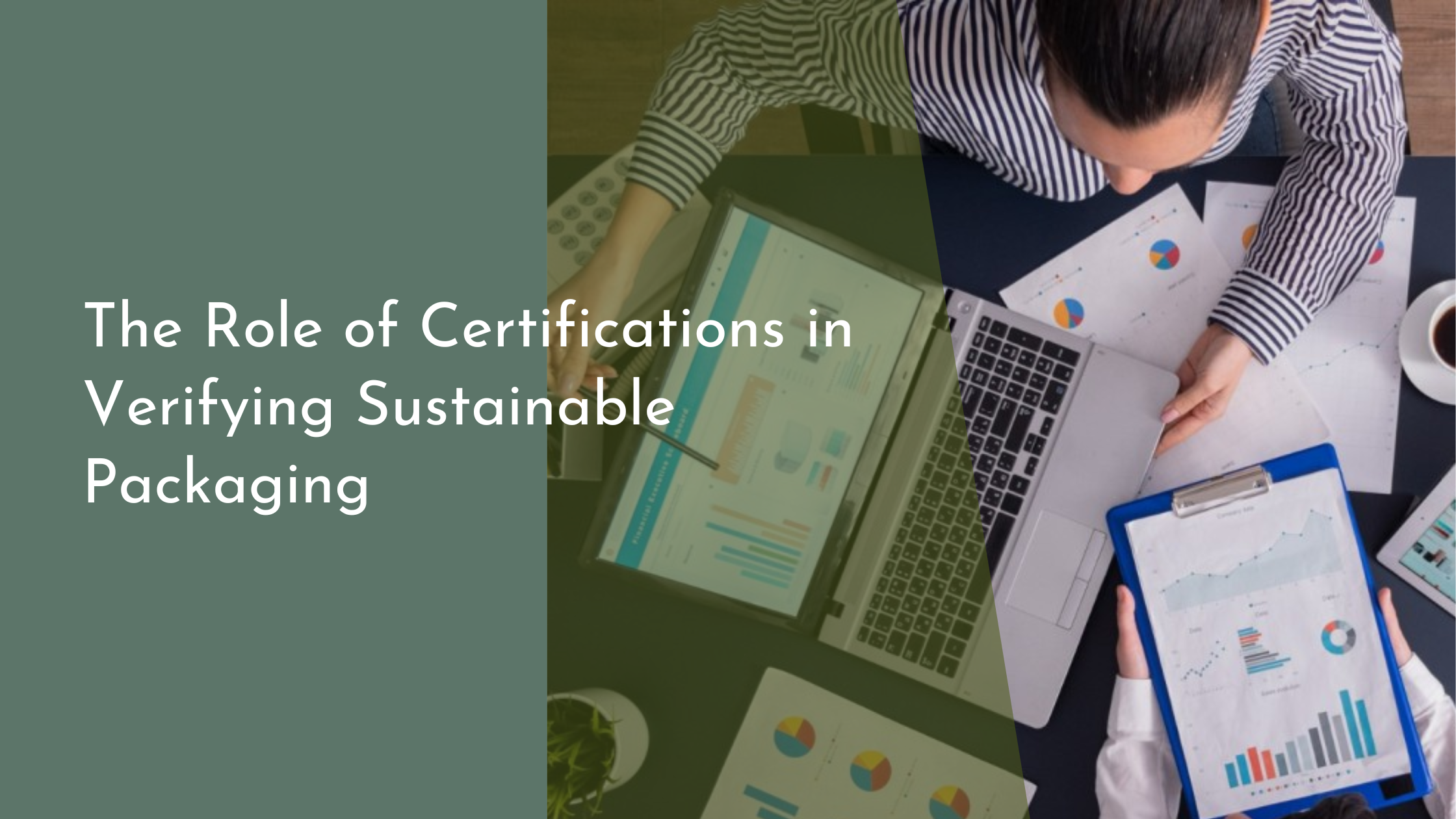The Role of Certifications in Verifying Sustainable Packaging
In a world increasingly focused on environmental stewardship, sustainable packaging has emerged as a key player in reducing our ecological footprint. While the intent to switch to more eco-friendly packaging solutions is commendable, ensuring that these solutions are genuinely sustainable can be challenging. This is where certifications come into play, providing a reliable means of verification. In this article, we delve into the significance of sustainable packaging certifications, exploring their standards, the importance of certification labels, their effect on consumer choices, and what the future holds for certified packaging solutions.
Understanding Sustainable Packaging Standards
Sustainable packaging standards are detailed guidelines that outline the criteria for packaging to be considered environmentally friendly. These standards typically encompass various aspects such as the use of recycled materials, the reduction of carbon emissions during production, and the packaging’s end-of-life recyclability or compostability. Organizations like the Forest Stewardship Council (FSC) and the Sustainable Packaging Coalition have developed comprehensive frameworks that packaging manufacturers must adhere to, ensuring that the entire lifecycle of the packaging is accounted for in sustainability assessments. By establishing clear benchmarks, these standards help streamline the process of identifying genuinely sustainable packaging solutions.
The standards also play a critical role in fostering innovation within the packaging industry. As companies strive to meet rigorous certification criteria, they often invest in research and development to discover new materials and processes that reduce environmental impact. This drive for innovation not only advances the sustainability of packaging but also enhances product quality and performance. Furthermore, by adhering to recognized standards, businesses can communicate their sustainability commitments to consumers with greater credibility, ultimately contributing to a more transparent and accountable marketplace.
The Importance of Certification Labels
Certification labels serve as a trusted mark of authenticity, indicating that a product meets specific sustainability standards. These labels, such as the FSC label or the Cradle to Cradle Certified™ mark, are easily recognizable symbols that assure consumers and businesses alike of the packaging’s eco-friendly credentials. The presence of a certification label simplifies the decision-making process for consumers, allowing them to make informed choices that align with their environmental values. By offering a straightforward visual cue, these labels help bridge the gap between complex sustainability standards and everyday purchasing decisions.
Moreover, certification labels can significantly impact a company’s brand reputation and market competitiveness. As consumers become more environmentally conscious, brands that prominently display certification labels on their packaging can differentiate themselves from competitors and attract an eco-minded customer base. Certification labels not only enhance consumer trust but also serve as a marketing tool that highlights a company’s commitment to sustainability. In this context, the importance of certification labels extends beyond mere compliance, influencing brand perception and market positioning.
How Certifications Impact Consumer Choices
Certifications play a powerful role in shaping consumer behavior by providing assurance and transparency. When consumers see a certification label on packaging, they are more likely to trust the product and the brand behind it. This trust translates into purchasing decisions, as consumers increasingly prioritize products that align with their values, particularly sustainability. In this way, certifications not only guide consumers towards more responsible choices but also encourage manufacturers to prioritize sustainable practices in order to meet market demands.
Additionally, certifications can inspire greater consumer awareness and education around sustainability issues. As consumers encounter various certification labels, they may become curious about the criteria and standards that underpin these marks of authenticity. This curiosity can lead to increased understanding and engagement with sustainable practices, fostering a more informed and conscientious consumer base. Ultimately, certifications act as a catalyst for a shift in consumer culture towards valuing and supporting sustainable initiatives.
The future of packaging is undeniably bright, thanks to the growing emphasis on certifications as a means of verifying sustainability. As more consumers and companies recognize the importance of eco-friendly packaging solutions, certifications will continue to play a crucial role in promoting transparency and trust. With advancements in packaging technology and an increasing array of certification options, the industry is well-positioned to meet the challenges of a rapidly evolving marketplace. By embracing sustainable packaging practices and the certifications that validate them, we can collectively contribute to a healthier planet and a more sustainable future.

